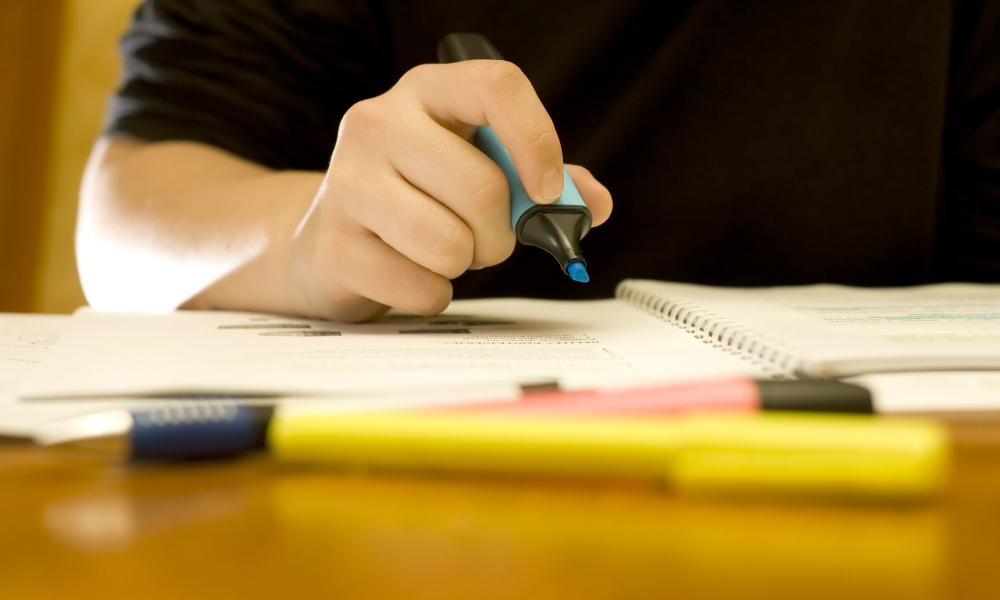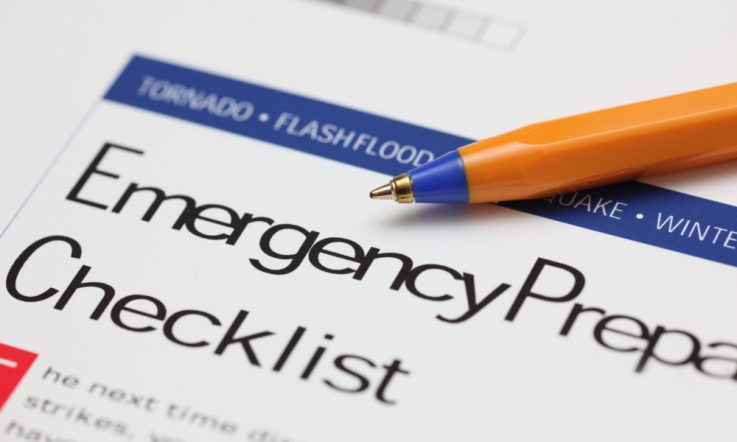Dr Alison Davis from Vision Education New Zealand sat down with Teacher magazine's Dominique Russell at Research Conference 2018 to discuss how to ensure students understand what teachers mean when they talk about ‘taking responsibility for your own learning'.
Davis says it's all about taking a long-term approach to the way you work and interacting with students on a daily basis.
She says teachers often share learning outcomes with students and so it is important that educators consider the vocabulary used in the learning goals.
‘Do they understand what “clarify” means? Do they understand what “describe” means? Can they talk about it? Can they explain to each other? Can they give examples to each other of what they'd be able to do if they're successful? So, have they got a view of success and a view of the strategies they're going to put in place, or the actions they're going to take?'
Davis says this is one of the ways of helping students, but they won't understand full responsibility unless they understand the task.
‘Another one is for them to do self-marking of their work. So, we get them to mark their work according to the goals for the lesson …'.
She says there are many examples out there to help students understand that they have responsibility. ‘But, ultimately, they need to understand the purpose of what they're doing. They need to value it, they need to feel confident about their ability and confident about their ability to reach the task, which links back to our motivation factors.'
WATCH VIDEO
In what ways do you work to ensure your students understand the vocabulary used in their learning goals? How often do you check for clarification?
There’s a new way to connect with Teacher. Subscribe to Teacher YouTube today and you’ll never miss a video.



